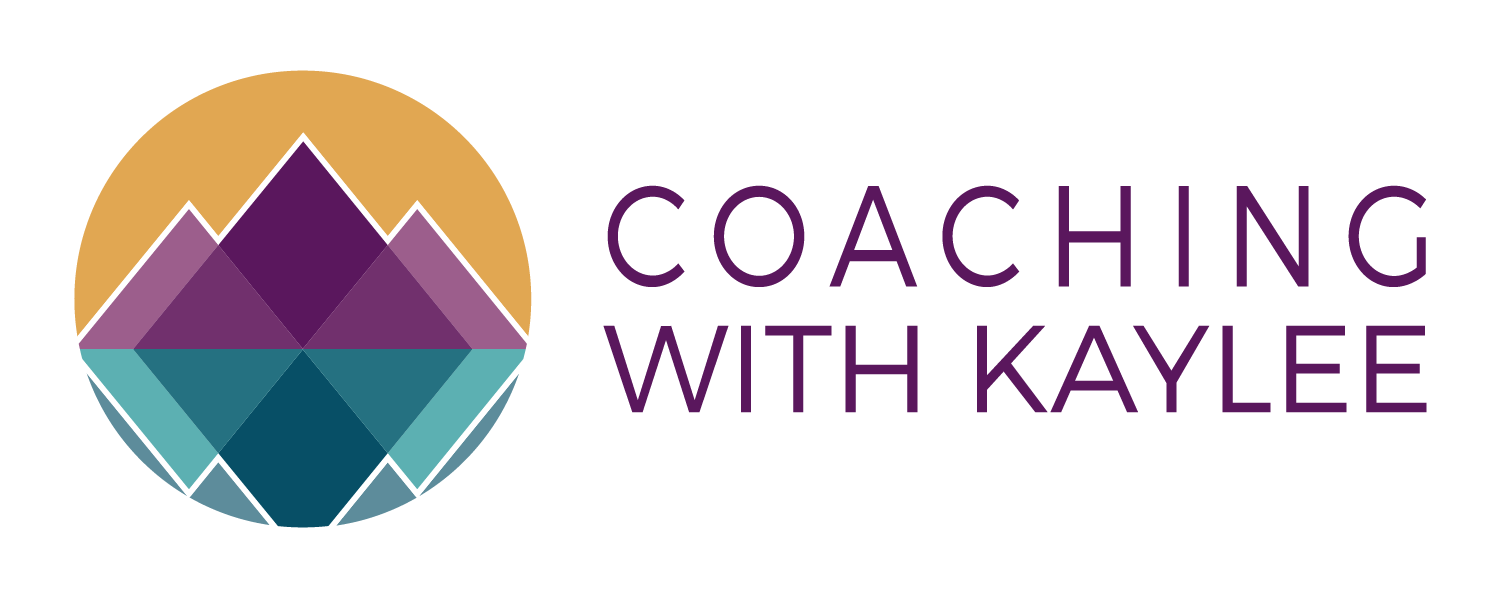Traditional or Roth IRA: Which One Is Right For You?
Are you ready to think about retirement? If so, I bet that the letters “IRA” have crossed your mind! (That’s “Individual Retirement Account”, of course!) You’ve also likely seen that the two options are a Traditional or Roth IRA.
The question then becomes this: how do you know if a Traditional or Roth IRA is right for you?
It’s a question I get all the time, and honestly, I’m always learning better ways to answer it!
Now, you can set an IRA up pretty much any time, and with relative ease. (I use the Betterment app for mine, which I’ll talk about a little more later!)
But would a Traditional or a Roth IRA be a smarter investment for where you are now?
That’s what I’m sharing with you today! So first, let’s consider basic differences between the two.

Traditional IRA
With a Traditional IRA, you get a small tax break now. That’s the good news. But the flip side is that you will pay taxes when you make a withdrawal. Further, you’ll be forced to withdraw your money once you turn 70 ½ years (because the IRS wants their taxes, of course!)
The idea behind a Traditional IRA is to save money for your living expenses in retirement. It also supposes that any withdrawals you make could be offset by tax deductions. (That’s the “tax break now” part I was talking about.)
One reason people often don’t opt for a Traditional IRA is that tax rules and rates change. After all, you can count there being taxes, but you can’t count on the tax rules and rates staying the same.
Roth IRA
With a Roth IRA, you don’t get the tax breaks right away (as you do with a Traditional IRA). But you won’t pay any income taxes on withdrawals.
You also aren’t forced to take withdrawals because you’ve hit a certain age. Actually, you can contribute to your Roth IRA as long as you or your spouse are earning income. That’s a big difference from a Traditional IRA, which forces you to stop contributing and take withdrawals after age 70 ½ .
The idea with a Roth IRA is to save for your “lifestyle” money rather than your basic expenses.
Now, let’s talk about some of the finer points of choosing the right IRA option for you.
I’ve always been partial to ROTH IRAs because you get tax-free distributions. But the more I learn, the more I understand that there is a delicate balance between the two types of IRA.
Recently I spent some time working out the strategic math on IRA options based on adjusted gross income. Here are a few things that came into the picture…
One significant factor in choosing is that once you hit a certain income, you don’t qualify to participate in a Roth IRA anymore.
Another practical fact is that you won’t get the Traditional IRA tax deduction after hitting certain income thresholds. But you’ll still pay taxes on the withdrawals.
Now, with a Traditional IRA, if you play your cards right, you could get half what you contributed deducted from what you could potentially owe.
Another fun fact about Traditional IRAs, as I mentioned above: you’re forced to take distributions based on a “lifetime table” at age 70 ½. This is NOT the case with Roth IRAs.
Putting money into both types is your best option, but WHEN you put your money into either on is the magic.
For example, When will you get the max deduction? Or when will your earning potential grow out of your current retirement model? Moreover, what other options IRA are available to business owners specifically?
Now, here’s the most important question of all: how do you get started?
Here’s what I did for myself. I moved my IRAs from my bank to an app called Betterment, and it has made a big difference for me.
First, once I moved my IRAs over to this app, I noticed a higher return pretty quickly. Their technology is easy and user-friendly. They even offer education and expansion opportunities for self-employed people.
Of course, you can open an IRA at any bank you choose. But do consider making this move one way or another to set yourself up for your financial future!
In the meantime, check out Betterment here. Leave me any IRA questions you might have below, too, and I’ll do my best to answer them.
Until next time,
Love, light, and MONEY, honey….
Kaylee
